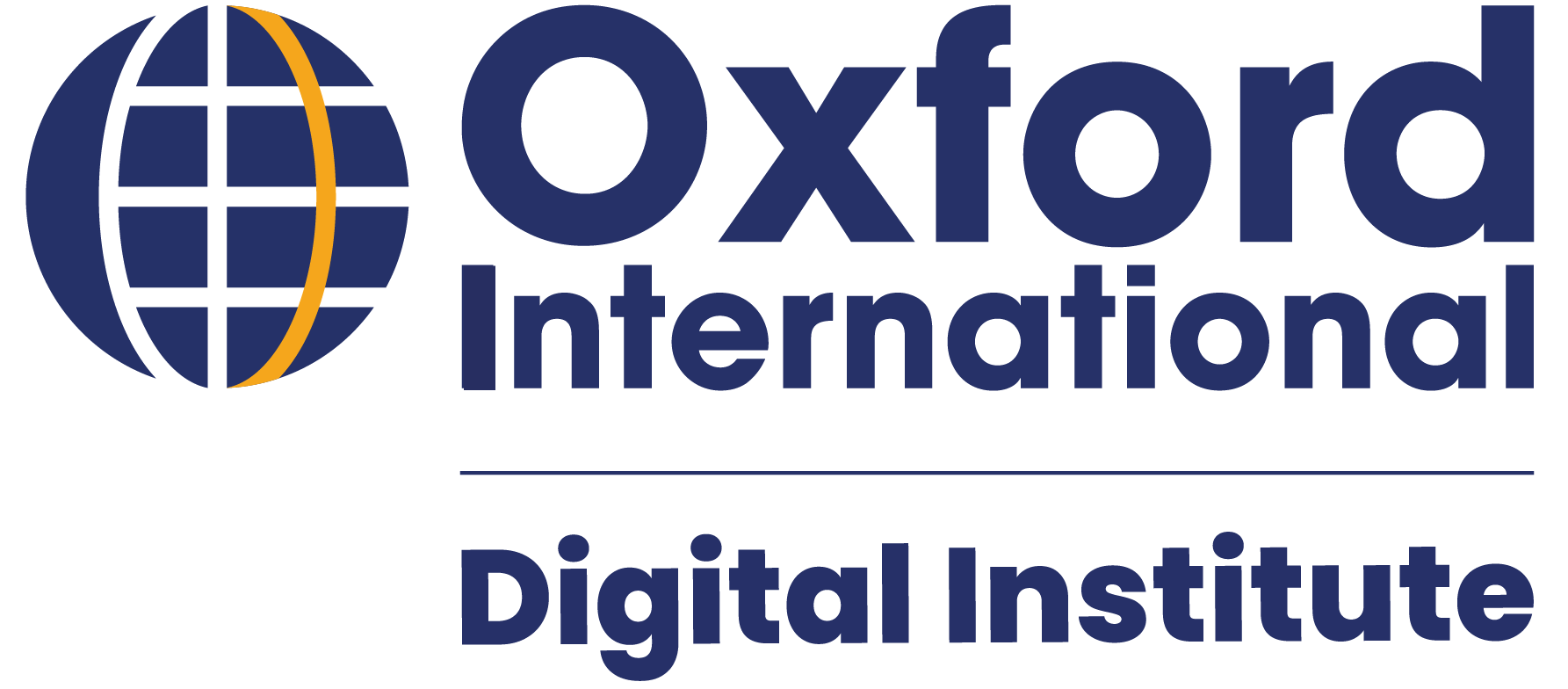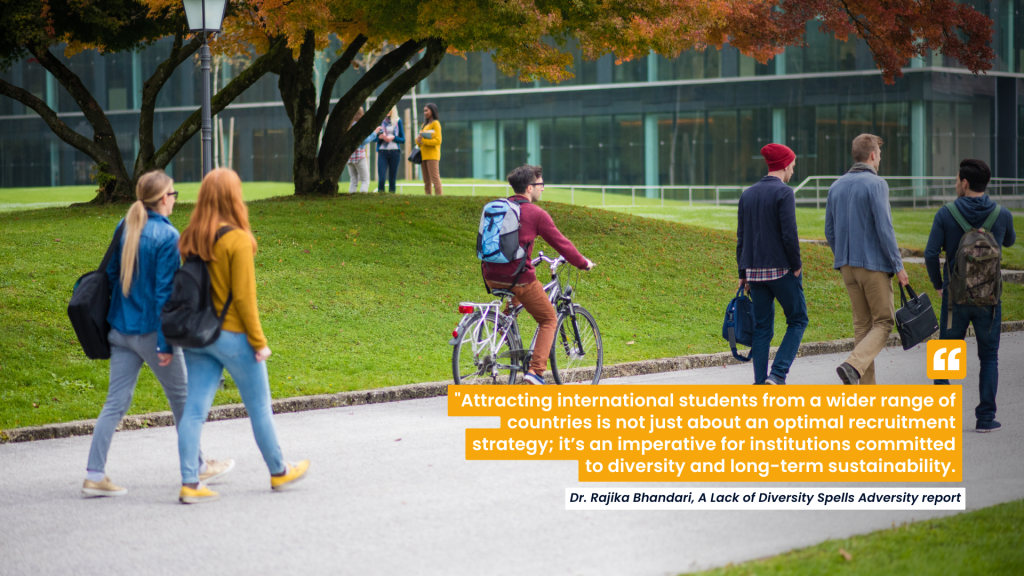While international students still view the U.S. as a top study destination, complex application processes, visa hurdles, and insufficient support on arrival are pushing many to seek education elsewhere.
To stay competitive, U.S. institutions must look beyond enrolment numbers and provide holistic support that prepares students academically, socially, and emotionally.
Clear Information: Setting Students Up for Success
A 2023 report by NAFSA found that 37% of international students consider visa and immigration procedures the most difficult part of studying in the U.S. Such complexities often drive students to destinations like Canada or Australia, where immigration policies are more straightforward.
By prioritising transparent, accessible admissions processes, institutions can support diverse recruitment efforts and build a more inclusive environment for international students.
As noted in the report, “Diversifying the international student population at your institution is good practice, not only for your recruitment strategy and sustainability but to maximise opportunities for students from all over the world.”
Tools like Oxford ELLT—a modular English proficiency test accepted by over 150 universities—provide flexible, reliable assessments that help streamline admissions for students worldwide.
As Tom Dawtrey, Head of Language Services at Oxford International Digital Institute, explains, “Our hybrid approach, combining AI and human oversight, ensures test accuracy and integrity, which provides students with a reliable pathway to meet admissions requirements while maintaining institutional standards.”
Find out more about Oxford ELLT
Building Skills and Confidence
While many students meet entry requirements, they often encounter difficulties with language proficiency and adapting to a new academic culture once they begin their studies.
Pre-Sessional English (PSE) programmes can play a crucial role in this preparation, offering tailored language and academic support that helps students navigate coursework and campus life more efficiently, providing a smoother transition and encouraging deeper engagement within their educational communities.
“PSE programmes offer more than language training—they help students build the confidence needed to thrive in a new academic setting,” says Luigi Pugliese, Global Director at Oxford International Digital Institute.
For many, this preparation has lasting benefits. As PSE student Ariana Abdia shares, “I was in a group with students from different countries, which taught me so much about their cultures. The specialised, kind teaching made my journey memorable and special.”
Find out more about our English for University programmes
Creating a Supportive Network
Research from the British Council reveals that 30% of international students experience culture shock, impacting their well-being and academic performance. Without robust support, these students may feel isolated, leading to higher dropout rates.
To address this, institutions must actively foster a sense of community. Programmes like peer mentorship, alum networks, and social media groups can help international students settle into their new environment. This focus on cultural integration not only improves the student experience but can also improve retention.
Sabrina from Thailand reflects on how these programmes helped her adapt: “The course gave me the confidence I needed to use English in a university setting, and the skills I developed helped me adapt quickly.” Similarly, Akane from Japan adds: “I gained the confidence to speak in class and participate in discussions, which made a huge difference when “I started my degree.”
Supporting Students from Start to Finish
The findings suggest that U.S. institutions need a well-rounded approach to recruiting and retaining international students to remain competitive.
This includes clear communication, robust academic preparation, and a supportive community that addresses students’ needs throughout their journey.
Explore the full report for more strategies and insights on supporting international students.









